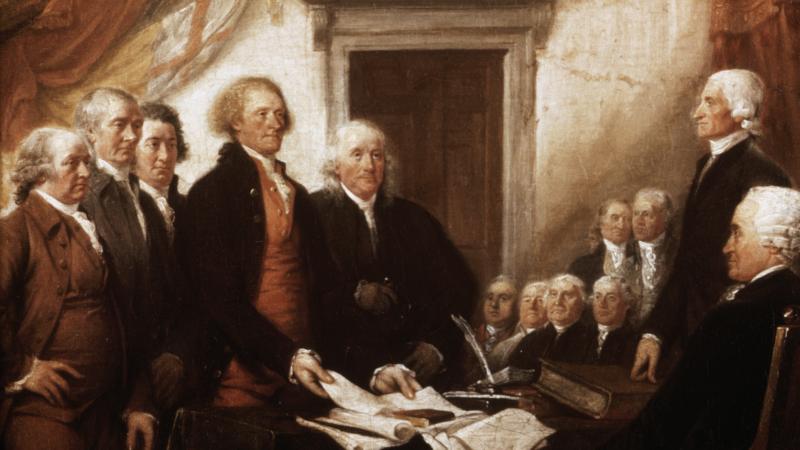California Democrats sue to stop measure forcing votes on tax increases
In their lawsuit, California Democrats argue the measure would unlawfully revise the state constitution and negatively affect state and local government functions and funding.
With California Democrats, including Governor Gavin Newsom, suing to stop the Taxpayer Protection and Government Accountability Act from making it on the November 2024 ballot, California Republicans have filed an amicus brief in support of the measure.
TPA, which received almost 50% more signatures than required to get on the ballot, would clarify that all increases in local taxes would require 66.7% voter approval, and close a loophole created in 2017 by a court decision that has been used to pass and propose local taxes introduced by citizens’ groups, not local government. It also would require that statewide tax increase would need ⅔ votes in each body of the state legislature and a majority of voters at the ballot box, and limit fees charged by governments to what is necessary to provide the service. Notably, the measure would apply retroactively to taxes and fees adopted after January 1, 2022, with governments having one year to ask voters to approve new taxes at the higher threshold.
In their lawsuit, California Democrats argue the measure would unlawfully revise the state constitution and negatively affect state and local government functions and funding.
“If this measure passes, it will upend and jeopardize city revenue streams needed to provide essential local services," said Carolyn Coleman, League of California Cities Executive Director and CEO in a public statement. "Our residents expect and rely upon fire, police, and a wide range of other services — including shelter for those experiencing homelessness, safe streets and roads, the maintenance of playgrounds and sidewalks, and garbage removal. But with this measure, residents will get less.”
Republicans, meanwhile, claim TPA is not a constitutional amendment, and only clarifies existing rules regarding definitions of taxes, fees, and voting on increases of such charges, and say the measure would not be responsible for what is already an increasingly challenging fiscal environment for the state based on its spending.
“Revenues remain historically high, even with the economic slowdown we are currently facing. Moreover, Petitioners essentially argue that the only solution to budget shortfalls is higher taxes, refusing even to consider making adjustments to the state budget,” wrote the Republican Senate and Assembly members who signed on to an amicus letter in support of TPA. “In fact, current budget spending will put the state into debt in just a few short years, regardless of whether TPA is enacted or not. Poor financial planning by Governor Newsom and the Democrats in the Legislature is not a reason to deny voters their constitutional rights.”
If TPA survives in court, it would be accompanied by two competing measures from California Democrats to reduce voting thresholds for increasing taxes and issuing new debt.
Currently, property cannot be taxed at more than 1% of its value, and both local tax increases and the issuing of new debt require approval by ⅔ of voters. The only exception to the ⅔ vote is for school construction bonds, which need just 55% of voters. ACA 1, if passed by voters, would allow property to be taxed at more than 1% of its value, and expand the 55% threshold for just school construction bonds to also include raising taxes or issuing bonds for housing or “public infrastructure” projects. ACA 1 explicitly states there is no limit on what can be defined as “public infrastructure.” ACA 13, meanwhile, would require any measure that would increase the voter approval threshold for state or local measures would have to pass by at least that higher threshold. In the case of TPA, which would only need a majority of voters to pass without ACA 13, TPA would need ⅔ of voters to pass.
















